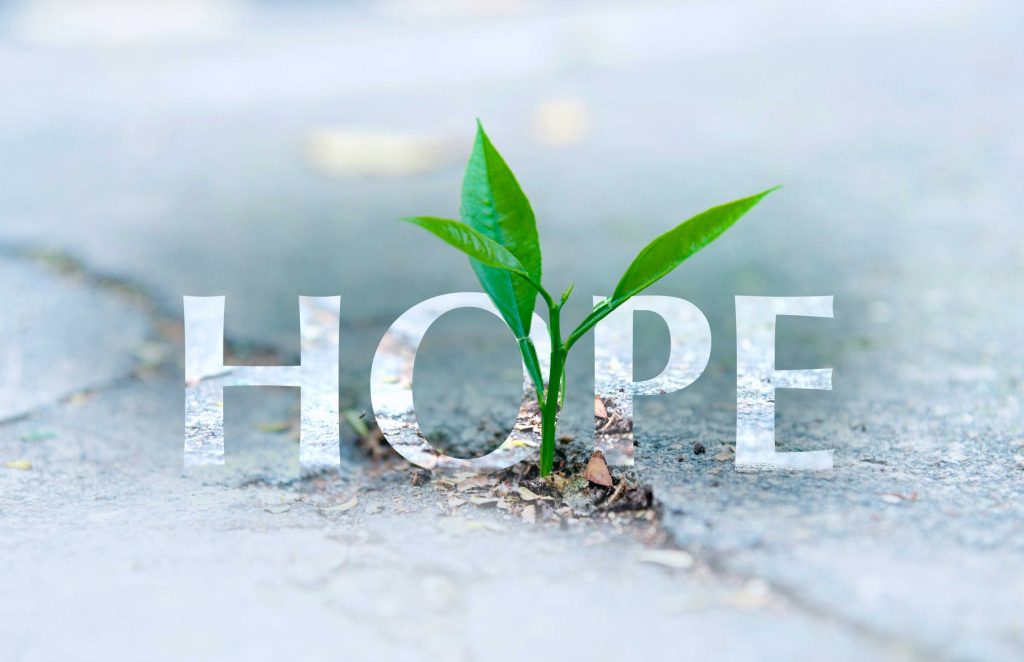The question might not appear logical or even pragmatic, but before we start, let me tell you that this composition is greatly inspired by Mark Manson’s book Everything is fucked: a book about hope. It’s a good book, and if you are interested in knowing yourself and human kind and its future, you should read it.
Would we be alive without hope? Would we have developed if there wasn’t hope? Let me start with the latter one which, I think, is the answer to the first one as well.
Apparently, it is all because of hope that humans have advanced this far, and will more as they are making human alike creatures through AI, and trying to solve all the mysterious of the existence.
When we think deeper, we find out that all the good – useful and harmless – creations have been pumped by need, not hope. Need is reality, and more importantly moment while hope is imagination, and thoroughly future. Hope is fed by ideologies and religions to create things or situations we clearly don’t need; we are made to want them, though.
What are the consequences of strives for fulfilling hope? As history shows, it all have been problem, suffer, violence, lie… and death, depriving humans of their basic reality: being human. World War 2, Communism, terrorism are some of the creations of hope which have produced such vicious outcomes that make us to reconsider our perspective.
What to do? Finding a safe, universal, and practical answer to the question is quiet close to impossible, but we will have a glance over answer of Nietzsche to this.
Nietzsche believed that we must look beyond hope. We must look beyond values. We must evolve into something “beyond good and evil.” For him, this morality of the future had to begin with something he called amor fati or “love of one’s fate.” By amor fati, he meant the unconditional acceptance of all life and experience: the
highs and the lows, the meaning and the meaninglessness. It meant loving one’s pain, embracing one’s suffering. It meant closing the separation between one’s desires and reality not by striving for more desires, but by simple desiring reality. (Manson, 2019, 128)
Nietzsche basically suggests that we should restrict ourselves to reality, and look for the things we need, not what we imagine or hope. Nietzsche’s answer might be debatable, and not go well with those who want to change everything, everyone, and
everywhere, but it is obviously undeniable that if we had put our feet on the path he suggests, we would have avoided almost all the sufferings, pains, and inhumanities that have become part of our lives and seem inevitable.
Mark Manson, everything is fucked: a book about hope, New York, HarperCollins Publishers, 2019.
By: Ali Reza Khawari











Read More
Even Iran’s Senior Team Couldn’t Overpower Afghanistan – The Fear Was Evident
The Impact of U.S. Aid Cuts to Afghanistan
Hundreds of Students Missed Educational Trips to Russia